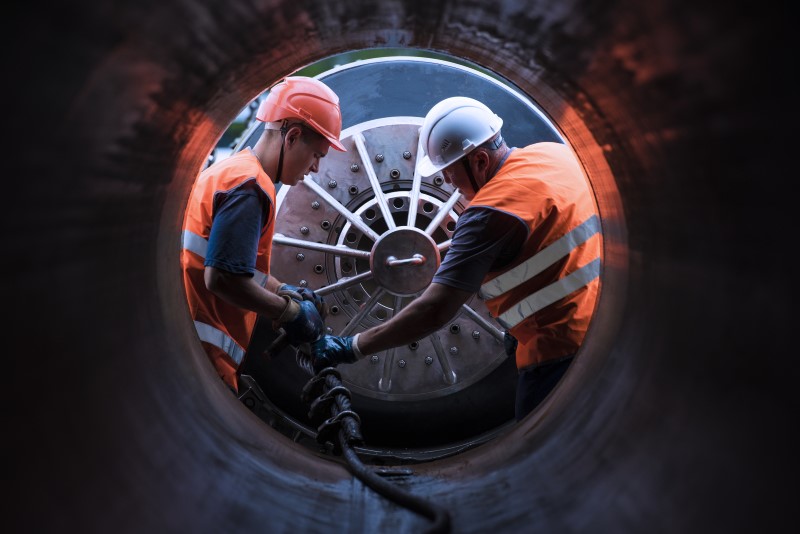September 2023, Vol. 250, No. 9
Editor's Notebook
Editor's Notebook: Colorado’s Bold Initiative
By Michael Reed, Editor-in-Chief
(P&GJ) — The Colorado Air Quality Control Commission (AQCC) recently adopted rules aimed at increasing repair inspections and leak detection at oil and gas facilities throughout the state.
While these new guidelines do not affect midstream directly, there are implications for the sector due to the growing emphasis on carbon-capture and related pipelines – and the additional emphasis on mitigation.
It is an especially aggressive move by the state. Indeed, there is no comparable law in any other state, or among what many consider the already onerous rules imposed at the federal level.
Going forward in Colorado, all oil and gas wells must be assessed at least once a year, which will nearly double the number of inspections. Larger wells, and those deemed to have “disproportionately” affected communities, or that are located within 1,000 feet of homes or schools, will be inspected monthly.
In assessing the emissions intensity program, Lynn Granger, executive director of the American Petroleum Institute (API), said the guideline “allows operators the flexibility to reduce emissions proactively and innovatively, rather than via top-down mandates, which could have hindered or slowed reductions by imposing a one-size-fits-all approach.”
He added that even prior to adoption of the rules, Colorado’s natural gas and oil industry was on track to meet its 2025 Greenhouse Gas Pollution Reduction Roadmap targets and the implementation of the emissions intensity program.
The basic structure for the rule was passed in late 2021 by the AQCC, but it took an additional 18 months of negotiations to reach a consensus on how measurement and emissions monitoring would be ascertained. In its final version, the rules were endorsed by both the oil and gas industry, and environmentalists.
AQCC Commissioner Curtis Rueter told the Colorado Sun the rule was “delicately balanced, everyone has given a little bit.”
The inspections themselves will be in the hands of oil and gas companies, which will keep track of schedules and report to the state. The state of Colorado, like any other governmental entities, does not have enough inspectors to visit all the necessary locations in a timely manner.
The operators will be required to have some type of ground monitoring or measurement devices that will provide records for verification by an independent expert. State regulators will continue to perform surface, fixed-wing air and satellite measurements.
Also, to assist in moving the process along, regulations will allow for fast-tracking of leak detection technologies for oil and gas facilities – among those surveillance cameras used to detect invisible gases in real time. Some of these advancements could be adapted for pipeline applications as well.
The new guidelines also appear to give the industry a fair amount of latitude in how it lessens emissions through production-based reductions.
“The agreement reached today is rooted in technical expertise across academia, technology providers and industry, and will provide Colorado with a sound regulatory framework to verify greenhouse gas emissions,” the AIP and Colorado Oil and Gas Association said in a joint statement.
Supporters of AQCC plan have offered what I consider a surprising amount of support for additional carbon capture (both CCU and CCUS) development during the process – technologies that are both tied to the need for additional pipelines and other innovations.
Earlier, the AQCC targeted oil and gas emissions through rules requiring enhanced inspections and more rigorous monitoring of engines, tanks and valves. However, these have since been deemed to have limited value.
The new inspection and repair rules will eliminate about half of the 140,000 metric tons of methane emissions estimated to come from the oil and gas industry each year, according to the Colorado Department of Public Health and Environment’s Air Pollution Control Division data.






Comments